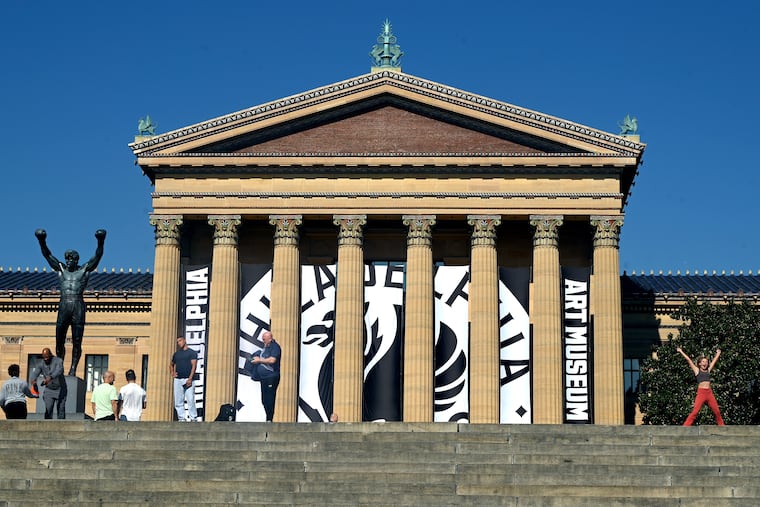Elizabeth Street Garden Faces Controversy Over Housing Development Plans
Democrats face a concerning erosion of their traditional working-class support, as those most reliant on government assistance increasingly lose faith in its efficacy. A prominent example of this trend can be observed in the contentious narrative surrounding the Elizabeth Street Garden, a city-owned site located in Nolita, Lower Manhattan.
Originally conceived during the Bloomberg administration for senior affordable housing, the project has faced significant delays amid a growing housing crisis in New York City. Rather than moving forward, influential stakeholders in one of the city’s wealthiest neighborhoods have successfully persuaded the Adams administration to place the project on hold for further review. This decision is particularly jarring given that this affluent Community Board district, which includes neighborhoods such as Greenwich Village and SoHo, did not produce any affordable housing units last year.
The historical context of the Elizabeth Street Garden is essential to understanding its present predicament. In 1991, during a particularly challenging economic period for New York, the city granted a month-to-month license to Allan Reiver, who utilized the site for his landscaping and sculpture storage business. Over time, Reiver transformed the area into a garden accessible to friends and customers. As the Bloomberg administration proposed housing solutions as part of the broader Seward Park Redevelopment Plan, the subsequent de Blasio administration solicited proposals for the site.
A joint venture spearheaded by Habitat for Humanity was selected to construct a seven-story building comprising 123 units of deeply affordable senior housing, alongside community facilities and public open spaces. This initiative garnered support from local representatives and received City Council approval in 2019. However, Reiver and a coalition of local opponents initiated a series of lawsuits to halt the project, which ultimately proved unsuccessful.
With all necessary subsidies and financing secured, the project was poised to commence by the end of the year. Nevertheless, the recent shift in focus by the Adams administration, particularly under the guidance of first deputy mayor Randy Mastro, has placed the project under review. The rationale behind this decision remains unclear, although it has been reported that notable progressive figures, including actors and former civil rights leaders, are advocating for alternative locations for affordable housing, drawing criticism for their apparent hypocrisy.
In light of such circumstances, it is imperative to question the effectiveness of advocacy when voices that should champion affordable housing stand in the way. As the city grapples with a severe housing crisis, the failure to utilize suitable sites—especially in affluent areas that have historically not contributed to housing production—further exacerbates issues of equity and opportunity. The profound disconnect between the ideals espoused by liberal leaders and the actions taken—or not taken—reinforces public cynicism toward government efficacy in addressing critical needs.
This situation encapsulates a broader dialogue about the intersection of privilege, housing, and economic opportunity in contemporary urban life. It invites scrutiny of the motivations and commitments of influential individuals in positions to effect meaningful change amidst an ongoing crisis that requires urgent attention and action.






